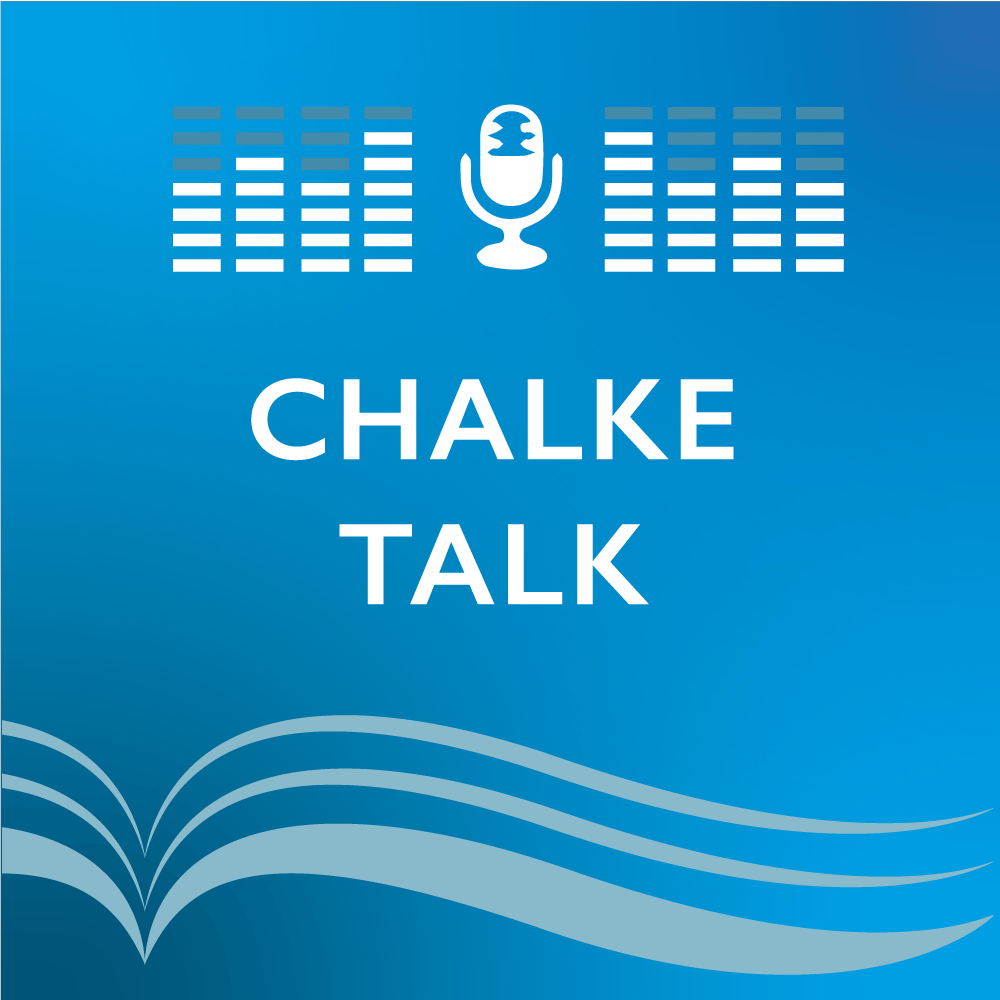The ‘Father of History’ was a Greek living in Persia in the 5th century BC but was the first person to write down the stories from the past. Herodotus’ Histories remains one of the richest and most read books of all time, and in this talk renowned classicist Professor Paul Cartledge discusses the life of […]
More podcasts - latest releases
- 82. I OBJECT: SATIRE AND SUBVERSION, A HISTORY OF DISSENT - Ian Hislop ( 2019)
- 201. 1918: ONE HUNDRED DAYS TO VICTORY - Dan Snow ( 2018)
- 200. NAPOLEON: THE MAN BEHIND THE MYTH - Adam Zamoyski ( 2019)
- 199. A PERSONAL HISTORY OF MUSICALS: HOW TO SUCCEED, BY MISTAKE, IN THE WORLD OF MUSICAL THEATRE - Tim Rice ( 2017)
- 198. ALL OUT WAR: THE FULL STORY OF HOW BREXIT SANK BRITAIN’S POLITICAL CLASS - Guy Walters, Tim Shipman ( 2017)
- 197. BREAD FOR ALL: THE ORIGINS OF THE WELFARE STATE - Chris Renwick ( 2018)
- 196. CONSTANT HEART: THE WAR DIARIES OF MAUD RUSSELL 1939-1945 - Emily Russell, John Julius Norwich ( 2017)
- 195. HOW IDEAS CHANGE: THE EVOLUTION OF EVERYTHING - Matt Ridley ( 2016)
- 194. HOW TO REMAIN SANE IN THE AGE OF POPULISM - Elif Shafak ( 2019)
- 193. KENNETH CLARK: LIFE, ART AND CIVILISATION - James Stourton ( 2017)



